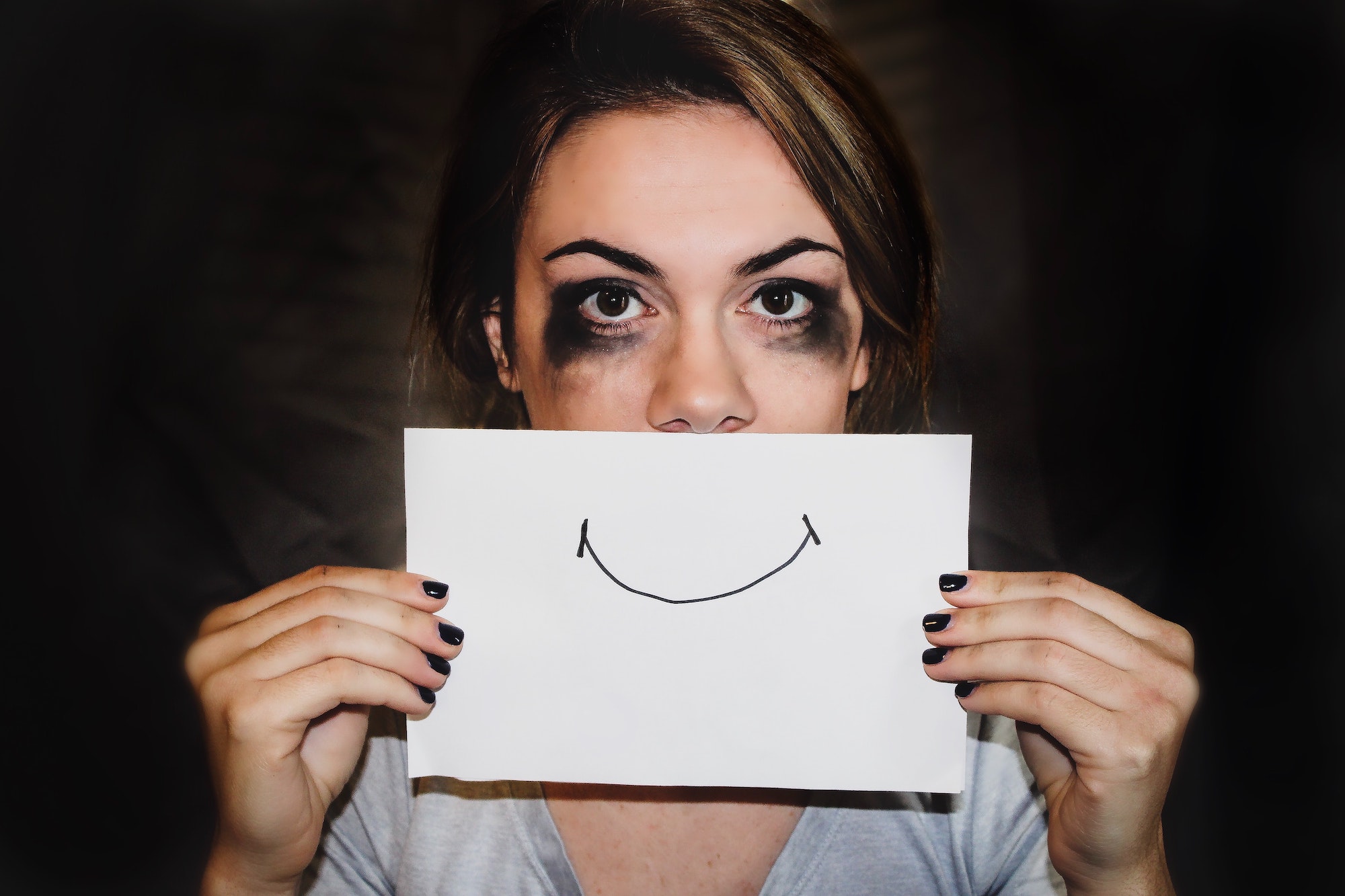 Health & Physiology
Health & Physiology
How can botulinum toxin help with depression?
Current antidepressants are not effective for more than half of the patients with depression. Treatment-resistant depression has fueled research into additional classes of drugs with antidepressant potentials such as botulinum toxin or Botox. However, due to its general popularity in cosmetic use, its use in psychiatry is misunderstood and often mischaracterized.

Botulinum toxin, or Botox, has shown significant effectiveness in treating a wide variety of conditions such as muscle spasms, excessive drooling, excessive sweating, and migraines. It works by weakening the nerve-muscle connection, thus relaxing the tightened muscle.
However, Botox has achieved most of its popularity in cosmetic use. More recently, another facet has been discovered - its potential to treat depression. The idea that Botox affects depression directly was met with skepticism in professional circles and media, as its potential effect was attributed to improved looks. However, to date, there is no relationship between the decreased number of wrinkles and decreased depression. While, at the same time, the scientific community supported a different mechanism of action based on the facial feedback theory, according to which a frown reinforces negative emotions. Therefore, relaxing the frown decreases the feedback and alleviates depression symptoms.
Although Botox's effectiveness in treating depression was somewhat evident in early clinical trials, the best site, and schedule of administration as well as the mechanism of action contributing to this effect still needed to be studied. Since Botox’s use included diseases where the injection is made into muscle groups all over the body, we were able to collect data for various study groups with diverse administration sites. Now we were able to investigate whether the potential antidepressant effect was unique to facial injections or not.
In our experiment, we analyzed over 40,000 side effect reports for patients taking Botox for eight different conditions not directly related to depression their respective injection locations throughout the body. We then compared them to patients with the same conditions but with different non-Botox treatments. On average, 4-6% of the safety reports for chronic conditions include depression and depression-related symptoms. In our study, we measured whether this background level drops after treatment with Botox.
To our surprise, we observed that depression-related side effects were reported considerably less for patients treated with Botox, independently of the reason of treatment or injections site. The groups included cosmetic use, migraines, muscle spasms, excessive sweating, excessive drooling, torticollis, etc.
Our study supported the prior findings that when injected into the forehead muscles, Botox may significantly alleviate depression symptoms. However, the decrease in depression in the groups that got treatment in other parts of the body suggested that there may be additional mechanisms of antidepressant action, different from “improving appearance” or “less frowning”.
To explain our observations, we propose that the facial feedback mechanism could be generalized to the rest of the body, where overall body tension/stress and its relief may have positive psychiatric implications. Interestingly, several studies on animals have demonstrated that Botox is not necessarily staying in the injection vicinity but can travel up a nerve into the spinal cord and even the brain, suggesting a completely different possible mechanism of action in depression. Our study was not based on controlled clinical trials; thus, it should be considered as a purely scientific endeavor paving a road to further studies of Botox’s use and mechanism(s) of action.
Original Article:
Makunts, T., Wollmer, M. & Abagyan, R. Postmarketing safety surveillance data reveals antidepressant effects of botulinum toxin across various indications and injection sites. Scientific Reports 10, (2020).Next read: Machine adapting to its environment by Basudev Pradhan , Jayan Thomas
Edited by:
Massimo Caine , Founder and Director
We thought you might like
Studies of the bugs within: telling sickness from cure
Mar 20, 2018 in Microbiology | 4 min read by Sofia K. Forslund , Oluf PedersenCould new synapses lift spirits?
Sep 25, 2019 in Neurobiology | 3.5 min read by Puja Parekh , Mitchell Murdock , Conor ListonMore from Health & Physiology
Tobacco smoking and other exposures shut off cancer-fighting genes
Aug 31, 2024 in Health & Physiology | 3 min read by Jüri Reimand , Nina AdlerA hidden clock that times cytoplasmic divisions
Aug 30, 2024 in Health & Physiology | 3 min read by Cindy OwWhen two kinases go for a dance
Aug 2, 2024 in Health & Physiology | 4 min read by Ioannis Galdadas , Francesco Luigi Gervasio , Pauline JuyouxAwakening the thymus to cure SARS-CoV-2 infection: a matter of genes
Jul 27, 2024 in Health & Physiology | 3.5 min read by Stefano Marullo , Cheynier RemiKeeping the balance: How epigenetics monitors cancer genes
May 13, 2024 in Health & Physiology | 4 min read by Zach Gray , Madison Honer , Johnathan WhetstineEditor's picks
Trending now
Popular topics


